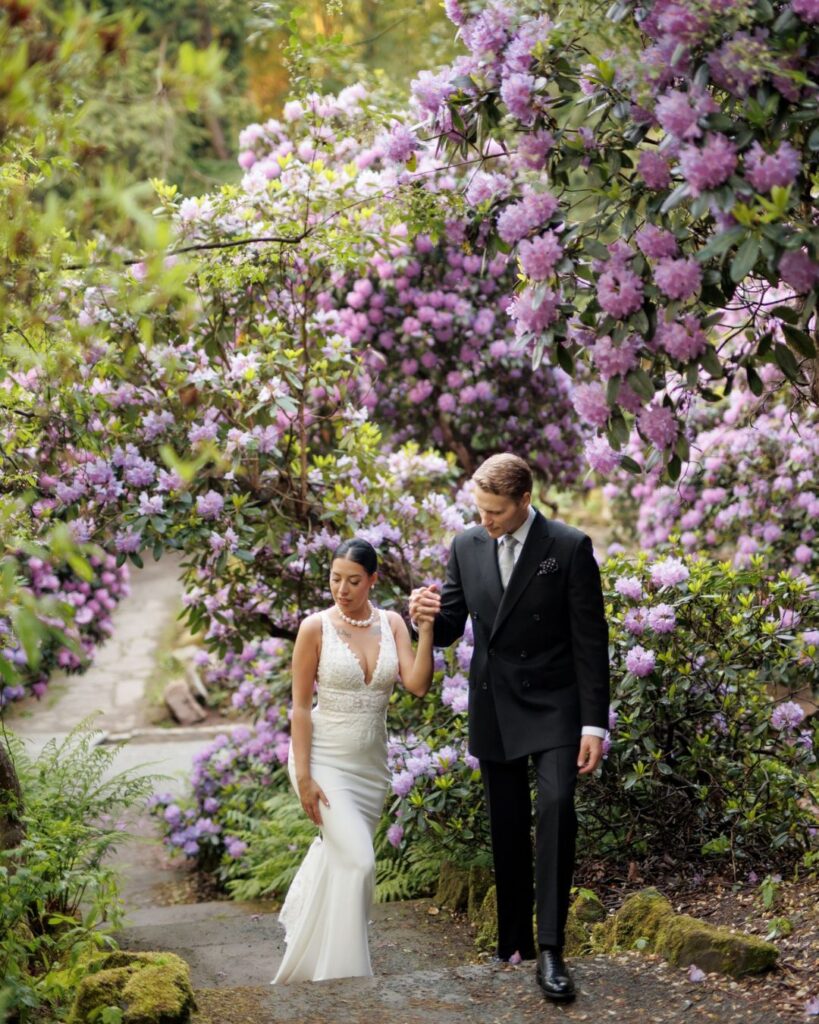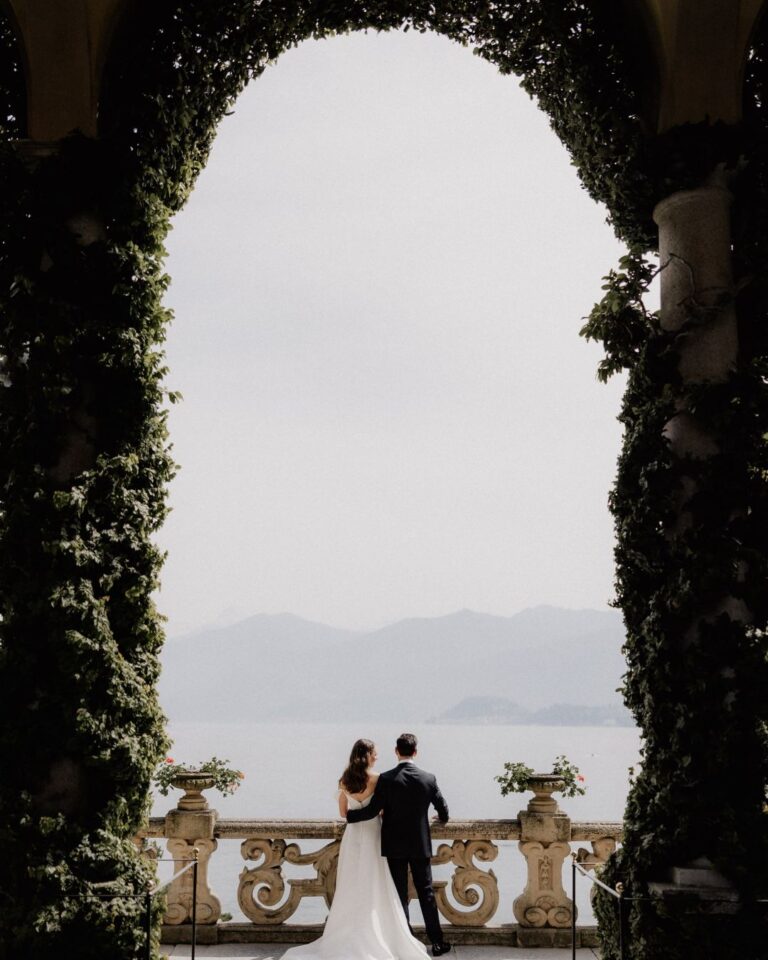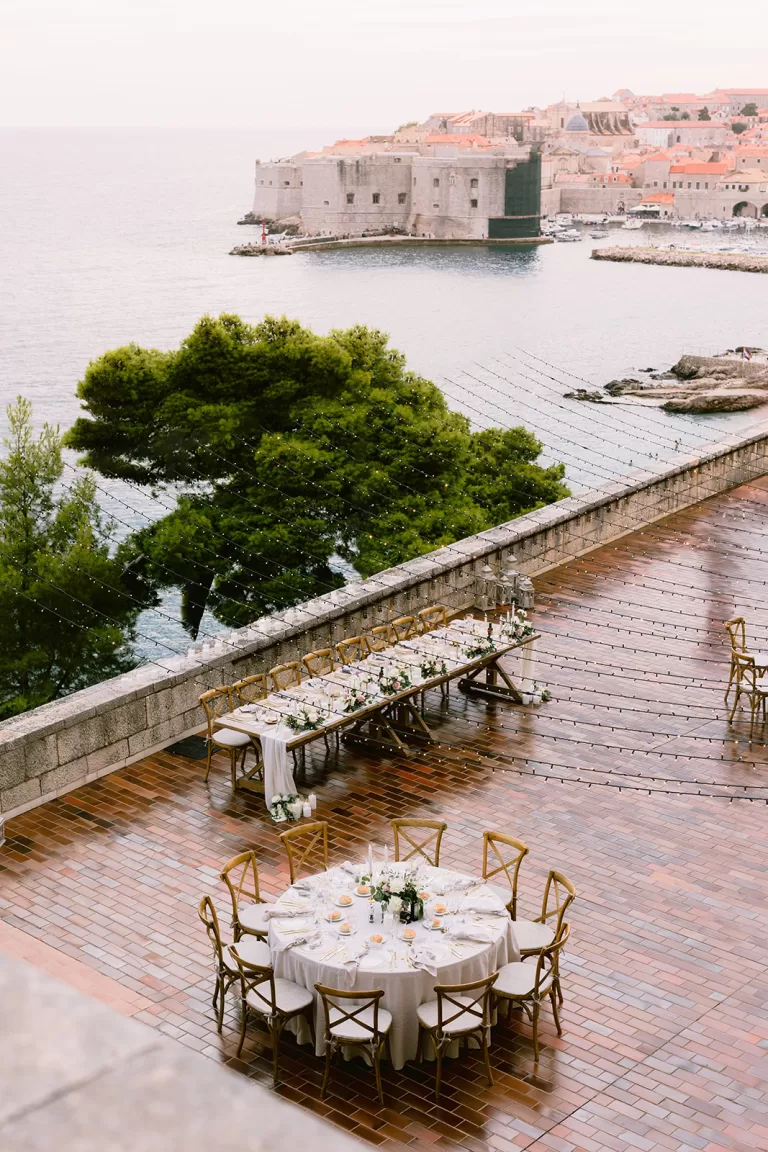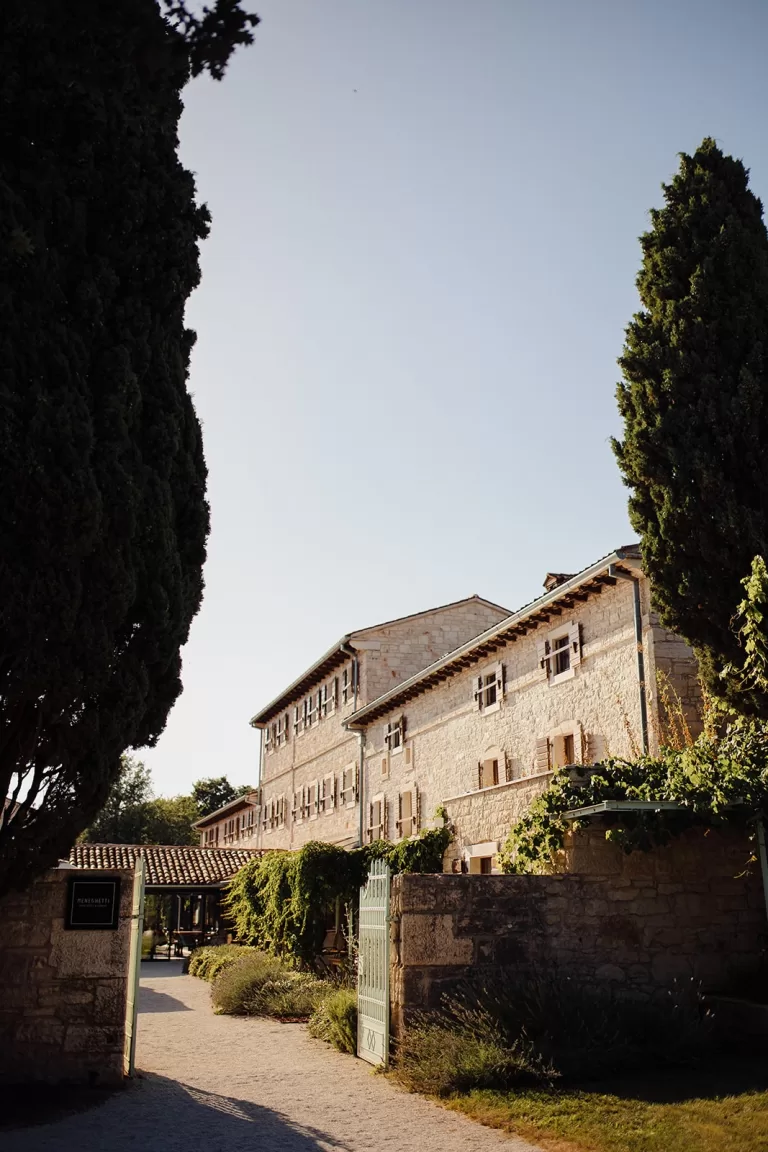Weddings in Croatia

Get Married in Croatia
Peak Season
Shoulder Season
Major Airports
Popular Vibes
Croatia is a place where ancient history and natural beauty come together to create truly unforgettable celebrations. Whether you picture saying your vows beside the turquoise Adriatic sea, within the stone walls of Dubrovnik, or among the sunny olive groves and vineyards in the countryside, Croatia has a location to suit every wedding vision. Couples are drawn to Croatia not only for its cinematic backdrops, but also for its authenticity, relaxed Mediterranean charm, and the wealth of local experts who help international couples every year bring their dream wedding to life.
Venues
Best Wedding Venues in Croatia: Seaside Villas & Historic Palaces
Croatia offers a diverse array of breathtaking wedding venues, each one telling a story of the country’s rich heritage, natural beauty, and effortless style. Whether you’re after grandeur, intimacy, an island party vibe, or maybe a blend of all three, there is a setting to match every couple’s vision.
- Seafront Villas & Resorts: Set directly on the sparkling Adriatic, these venues are ideal for romantic sunset ceremonies, beachside cocktail hours, and elegant receptions under the stars.
- Historic Cities: Dubrovnik, Split, and Rovinj are steeped in charm, offering atmospheric backdrops with cobblestone streets, ancient fortresses, and iconic red-tiled rooftops. These cities are not only visually striking but also culturally rich, offering centuries of history, vibrant local life, and stunning coastal views. Imagine walking through UNESCO-listed old towns, saying your vows in hidden courtyards or atop historic ramparts, and dining al fresco beneath centuries-old stonework as the sun sets over the Adriatic. For couples who love character, architecture, and the romance of the past, Croatia’s historic cities offer the perfect mix of old-world allure and contemporary comfort.
- Islands: Korčula, Vis and Brač provide the perfect mix of glamour and tranquility. Known for their yacht-filled harbours and laid-back luxury, many of Croatia’s islands also have a young, vibrant, party vibe, with Hvar in particular renowned for its nightlife and social energy. Think boat arrivals, barefoot beach vows, and villa receptions with panoramic sea views, with plenty of opportunities to continue the celebrations well into the night.
- Castles & Fortresses: Perfect for a fairytale celebration, these venues offer dramatic architecture, sweeping views, and timeless romance.
- Countryside Estates & Vineyards: Nestled among rolling hills and olive groves, these rustic-luxe venues are full of soul and ideal for food and wine lovers seeking a more relaxed, immersive experience.
Many of Croatia’s wedding venues offer exclusive use, scenic terraces, private beach access, and historical significance, giving couples the opportunity to design a truly cinematic and unforgettable celebration. Whether it’s a weekend-long island escape or a one-day city celebration, the diversity of options makes Croatia a venue-rich gem for destination weddings.
Culture & Cuisine
Wedding Traditions & Cuisine in Croatia
Croatian weddings are known for their warmth, heartfelt traditions, and strong sense of community. Rooted in centuries of history, they are a reflection of the country’s diverse cultural influences, including Roman, Venetian, Austro-Hungarian, and Slavic heritage. Many traditional weddings begin with a lively procession led by musicians, where guests are escorted to the ceremony with tamburica music and laughter. Speeches and blessings from parents and godparents are common, and toasts are heartfelt and frequent, usually made with a glass of local wine or a shot of rakija (fruit brandy).
It’s traditional in many regions for couples to share a loaf of bread or a symbolic sweet, like a walnut or poppy seed pastry, as a gesture of unity. Another charming custom involves guests pinning money to the bride’s dress or placing it in her shoe during the dance, symbolising good fortune and support for the new marriage.
Croatian cuisine is Mediterranean with a regional twist. Guests can enjoy fresh seafood, locally cured meats, seasonal produce, handmade pasta, olive oil, and wines from Dalmatia, Istria, and Slavonia. A wedding feast might include grilled fish, octopus salad, or peka – a traditional slow-cooked dish prepared under a bell-shaped lid. Dessert tables are often abundant, showcasing everything from fritule (mini doughnuts) to kremšnita (custard slice).
Whether dining in a seaside konoba (tavern), a historic palace courtyard, or a hilltop vineyard, food and drink are at the heart of Croatian hospitality. Combined with music, laughter, and heartfelt ritual, they make every celebration uniquely personal and richly memorable.
Weather
Croatia Wedding Weather: Best Months & Climate Guide
Croatia enjoys a warm Mediterranean climate, especially along the Dalmatian Coast and islands. The peak wedding season runs from May to September, with long sunny days and temperatures ranging from 24°C to 34°C (75°F to 93°F). July and August are the hottest and driest months, ideal for beach weddings and outdoor celebrations.
April and October offer pleasant shoulder season weather (14°C to 22°C / 57°F to 72°F), fewer crowds, and often better value, making them a popular choice for couples seeking a quieter, more intimate feel. Coastal regions like Dalmatia tend to be warmer and sunnier, while inland areas can be cooler and more changeable, particularly in April.
Rainfall is rare in summer but becomes slightly more likely during spring and autumn, especially further north. Most wedding venues and guest accommodations offer air conditioning as standard, and many couples opt for later afternoon or early evening ceremonies to avoid the midday sun during warmer months.
Travel & Accessibility
How to Travel to Croatia for a Destination Wedding
Croatia is well connected to the rest of Europe via modern airports, railways, and roads and surprisingly easy to get around once you’re there despite its coastal geography. Most international visitors arrive by air, with a strong network of well-served airports:
- Dubrovnik (DBV): Perfect for weddings in the south and historic coastal settings.
- Split (SPU): Serves the central Dalmatian coast and nearby islands.
- Zagreb (ZAG): The capital and main hub for inland and northern travel.
- Zadar (ZAD): Ideal for northern Dalmatia and coastal venues.
- Pula (PUY): Best for Istria and its beautiful coastal towns and vineyards.
Once in-country, road travel is smooth and scenic, with well-maintained highways connecting major cities and regions. Hiring a car is a great option for couples planning countryside weddings or guest excursions. Trains operate between key cities like Zagreb, Split, and Rijeka, though they tend to be slower than buses or driving.
Ferries and catamarans are a popular and reliable way to hop between the mainland and islands, particularly in the summer months. Regular routes connect ports like Split and Dubrovnik to island favourites such as Hvar, Brač, and Korčula.
Whether you’re exploring the Dalmatian coast, planning a multi-location itinerary, or welcoming international guests, Croatia’s compact size and solid infrastructure make it an incredibly accessible and guest-friendly destination.
Legal process
Legal Requirements for Getting Married in Croatia (for Foreigners)
Getting legally married in Croatia is possible for foreign nationals, though it does require more lead time and documentation than a symbolic ceremony. Civil ceremonies are legally binding and must be conducted by a registrar at an officially approved location. Religious weddings can also be legally recognised, provided they are carried out by a registered religious institution and meet the required criteria.
You will typically need to provide original copies of key documents such as passports, full birth certificates, and proof of marital status (commonly a Certificate of No Impediment). In most cases, these must be translated into Croatian by an authorised translator and authenticated with an Apostille stamp (an international certification that validates documents for use abroad). Divorce decrees or death certificates are also required if either party has previously been married.
The paperwork and submission process can take time and varies slightly depending on the location of the wedding. It’s advisable to begin preparing several months in advance, and most couples find it helpful to work with a local wedding planner who is familiar with municipal processes and can liaise with Croatian authorities on their behalf.
Because of the formalities and timelines involved, many international couples choose to complete the legal part of their marriage at home and enjoy a symbolic ceremony in Croatia. This gives more flexibility with venue options, timing, and ceremony format – and all the freedom to create a celebration that feels personal, meaningful, and uniquely yours.
Plan your dream destination wedding in Croatia



